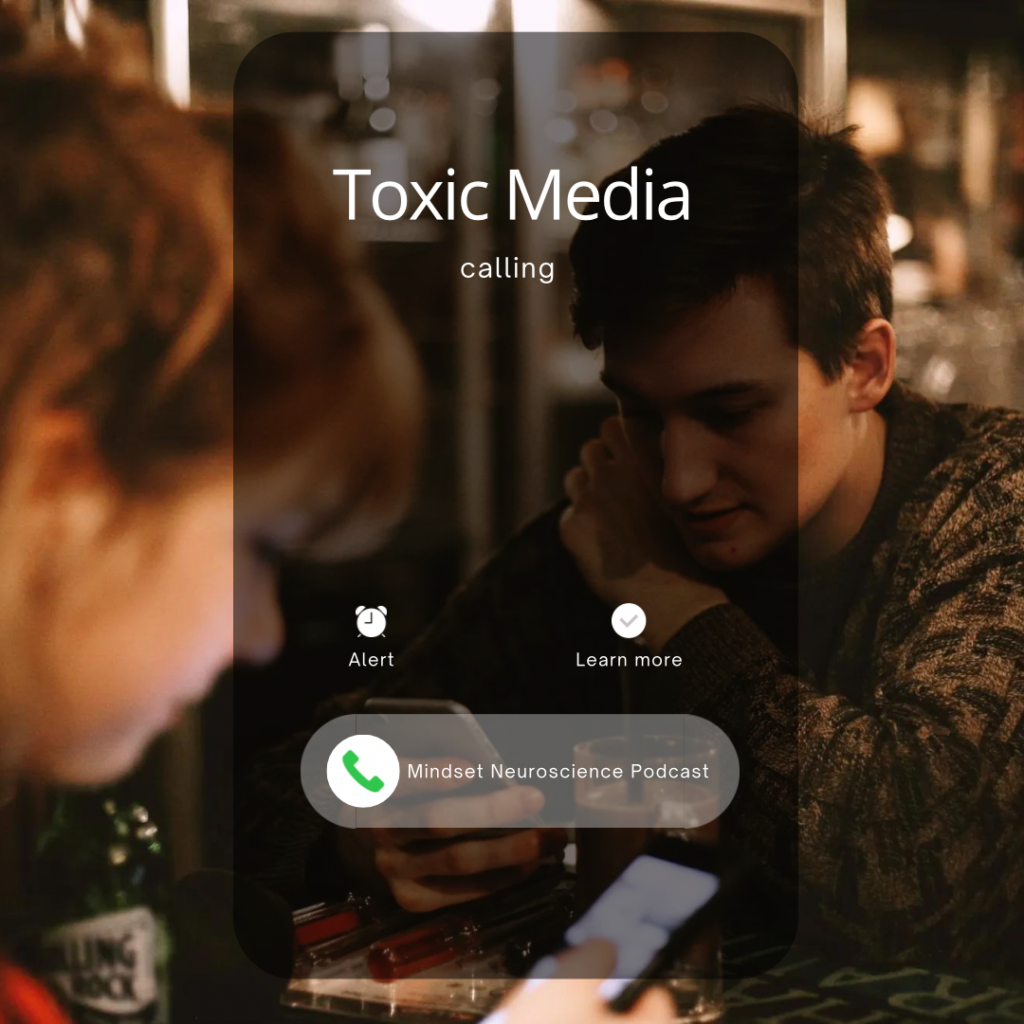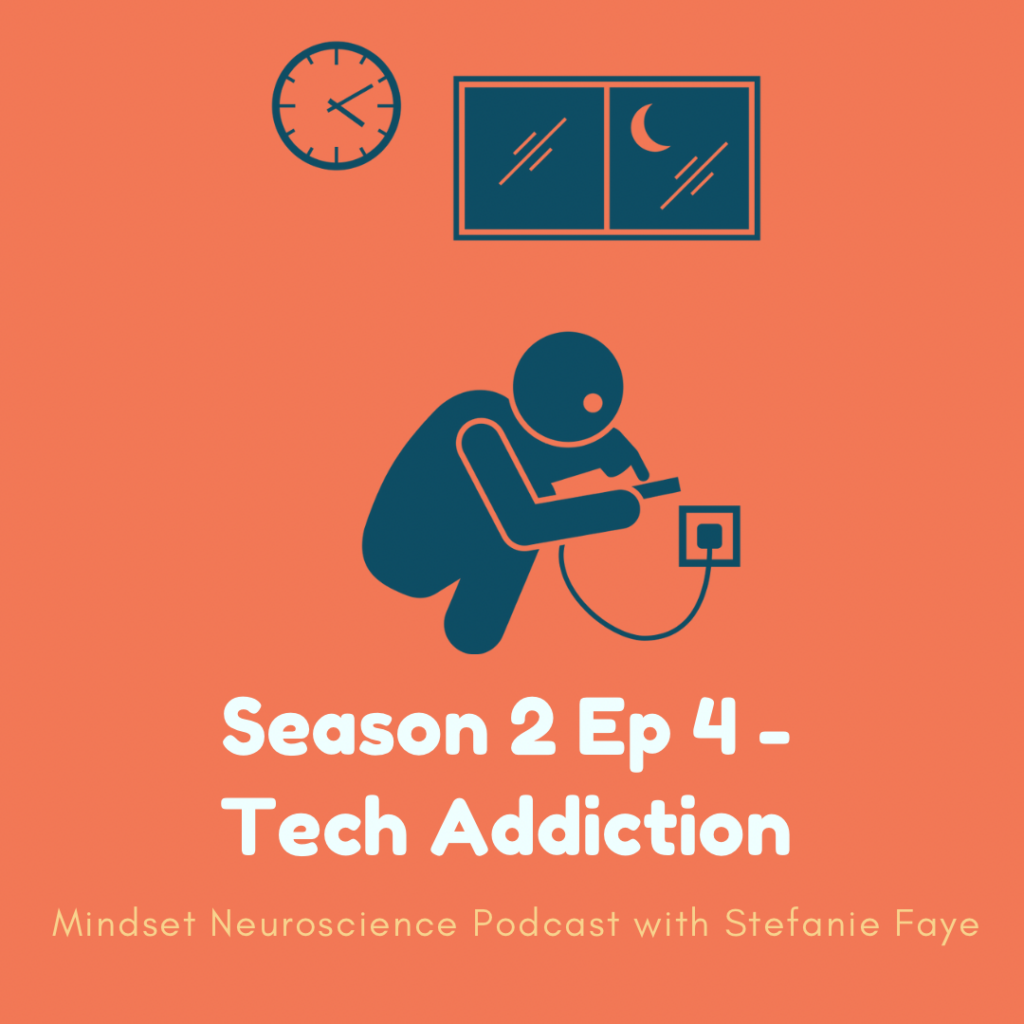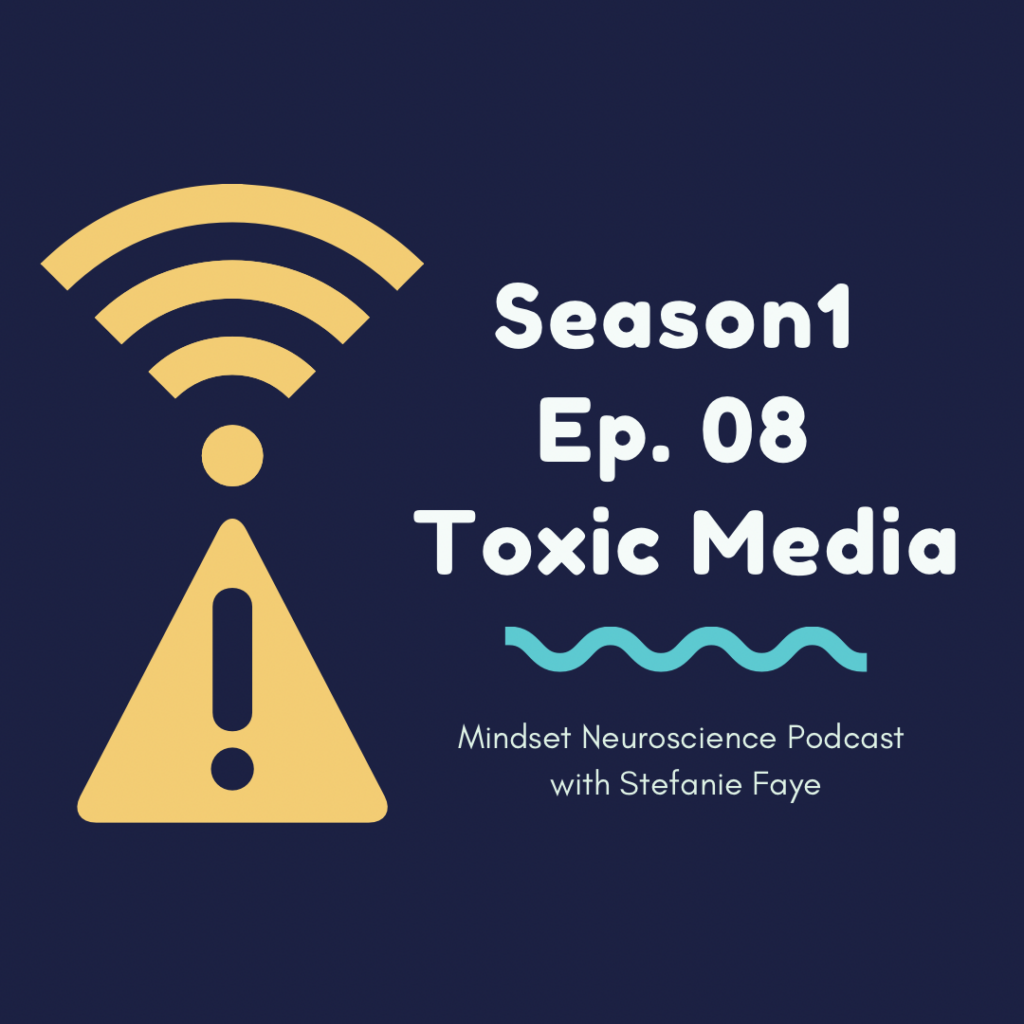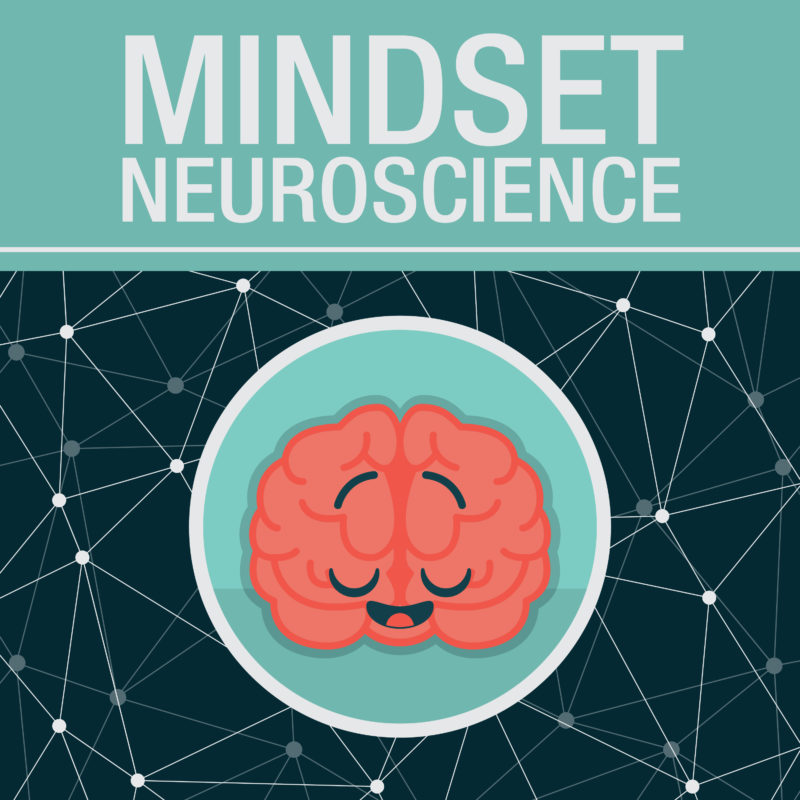Have you ever had a misunderstanding over text? Maybe you texted someone and they didn’t reply right away.. or their answer left you feeling rejected or frustrated?
Do you know why you feel the urge to put an exclamation mark or emoji next to your words? (hint: it has to do with how you use your vocal chords/folds in real life)
Why is that having more “friends” online doesn’t actually make us feel more loved?

As mammals, our nervous system is physically wired to connect – in the flesh – with others.
There are tiny, ‘biological movements’ that we detect and project when we’re with someone. Digital communication simply cannot keep up with how sophisticated this ‘social connection system’ is – no matter how hard it tries.
In fact… we need these specific ‘hard-wired’ things to feel satiated from an interaction (some of them have to do with what we do with our voice) that we try really hard to put into digital form, but it just doesn’t do the trick.
So the more time we spend trying to socialize on a screen, the more we hunger for something else, and never quite feel ‘full’.
And it’s that very feeling of hunger and emptiness that leads to addiction to technology.
The mechanisms of tech addiction are so similar to chemical and substance addictions, it’s scary.
And it’s what app makers and social media giants depend on.
They know how the human brain gets wired up for addiction. And they use that knowledge to keep us coming back for more.
Our best protection?
In-person contact with people we trust. It's part of our mammalian DNA and there is no device that can substitute.
——
Learn more in Season 1 Episode 8 and Season 2 Episode 4 of the Mindset Neuroscience Podcast.
Season 4 Episode 1 will be up Wednesday January 31!
#BiologicalTech #DigitalAddiction #SocialBrain #NeuroscienceInsights #socialmedia #thesocialdilemma #humanetech #AI #socialmediaaddiction #mentalhealth



